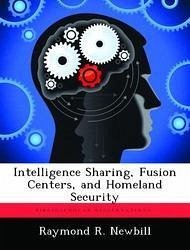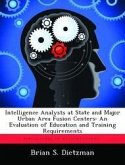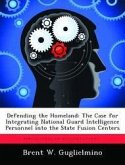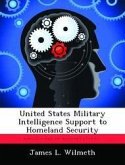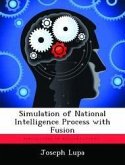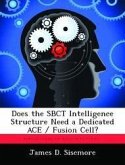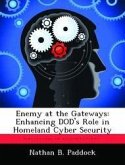The final report by the bipartisan National Commission on Terrorist Attacks (2004) concluded that the attacks on September 11, 2001 were partly successful because information was not shared properly between agencies. Since that time, the Department of Homeland Security (DHS) and the Department of Defense (DoD) have created a variety of programs and implemented numerous strategies to build a system of information sharing that could detect and prevent large scale physical or cyber terrorist attacks against the critical infrastructures of the United States. The development of "Fusion Centers" across the nation is proving to be an effective intelligence collection, analysis, and dissemination tool for collaboration and information exchange among the private sector, tribal, local, state, and federal authorities as well as the DoD. U.S. Northern Command, the National Guard and DHS are working to improve collaboration via national level exercises such as Cyber Storm I and II. Although legal and privacy concerns exist in balancing the need for National Security with the protection of Civil Liberties, the rise of fusion centers is an indicator that state and local law enforcement as well as public safety agencies have an important role to play in homeland defense and security. As identified in the 9/11 Commission Report, terrorists often live and work in communities during attack planning and may have routine encounters with state and local law enforcement officials prior to an attack. Achieving true Homeland Security may be as simple as first achieving Hometown Security.

